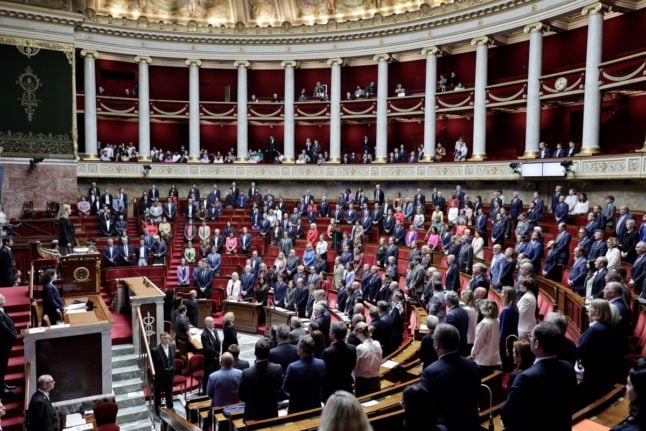Unions announced on Thursday evening that a second day of mass strike action – backed by all eight of France’s union federations – will take place on Tuesday, January 31st.
“The message is very clear: the government must give up both the retirement age of 64 and the extension of the working life,” said a spokesman for the joint union action.
Full details of which services will be affected by the strikes are yet to be announced, but unions will be hoping for a repeat of Thursday’s action – which saw extremely limited service on trains and on public transport in most of France’s major cities.
Schools across the country were closed as teachers talked out, and other public services were disrupted by the action.
Demos in towns and cities across France saw a turnout of 1.1 million people, according to estimates from the Interior Ministry although unions claimed a higher figure.
‘Pension reform is an insult to the French people’ – more than 1 million people demonstrate
In addition to the January 31st strike, some unions are also talking about “extra actions and initiatives, including strikes around January 23rd” – which is the day the pension reform is presented to the Council of Ministers, the first step on the legislative journey.
Unions have promised the ‘mother of all battles’ against the pension reform – including raising the pension age from 62 to 64 – which is due to come before parliament in March.
Some individual unions have already announced extra actions, such as the oil refinery workers who will be holding strikes and blockades at the end of January and beginning of February.



 Please whitelist us to continue reading.
Please whitelist us to continue reading.
Member comments